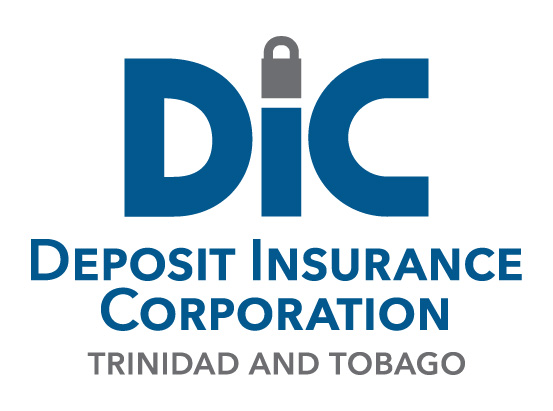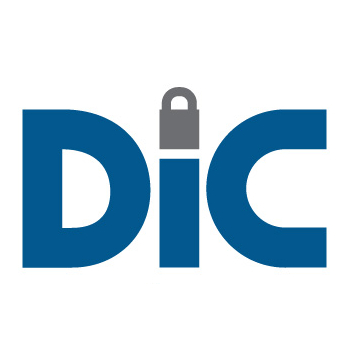
In December 2020, the DIC premiered its Deposit Insurance Online Training for Institutions. This particular training is part of our awareness programme for Staff of our Member Institutions and other Institutional Stakeholders. The purpose of this specialised training is to educate and put at the fingertips of their staff, information about scope, coverage and benefits of the deposit insurance system in Trinidad and Tobago. With this increased knowledge amongst Member Institutions’ staff, they are better equipped to inform the general public.
The Online Training Platform
The 3-hour programme consists of five (5) modules, which participants may elect to complete over a 2-week period. Upon successful completion of the entire training, participants receive a Certificate of Completion and may download the training material.

Programme Design
Development of the programme took 6 months. The content, design and layout of the online platform complement each other to help keep participants engaged. Content is presented using a combination of video, voice over narrative, text and illustrated examples for various deposit insurance scenarios. Additionally, content is broken down into short, easy-to-read snippets of information to help make it more digestible, and the design and layout make for easy retention of the online training information.
The Modules
The first and introductory module outlines the concept of deposit insurance, as well as the types of accounts covered and the coverage maximum.
The subsequent modules 2, 3 and 4 individually explain the deposit insurance treatment for Single Accounts, Joint Accounts, and Irrevocable Express Trust Accounts.
The fifth and final module discusses circumstances where deposit balances may be set off against delinquent or past due loan balances.

Participation
We are encouraged by the 67% participation of the community of Institutions and by the 10% completion rate of their staff. The platform continues to be available and it is our desire that Member Institutions will use the platform as part of their on-boarding process for new staff as well as for continuous improvement in their service delivery to the general public.




